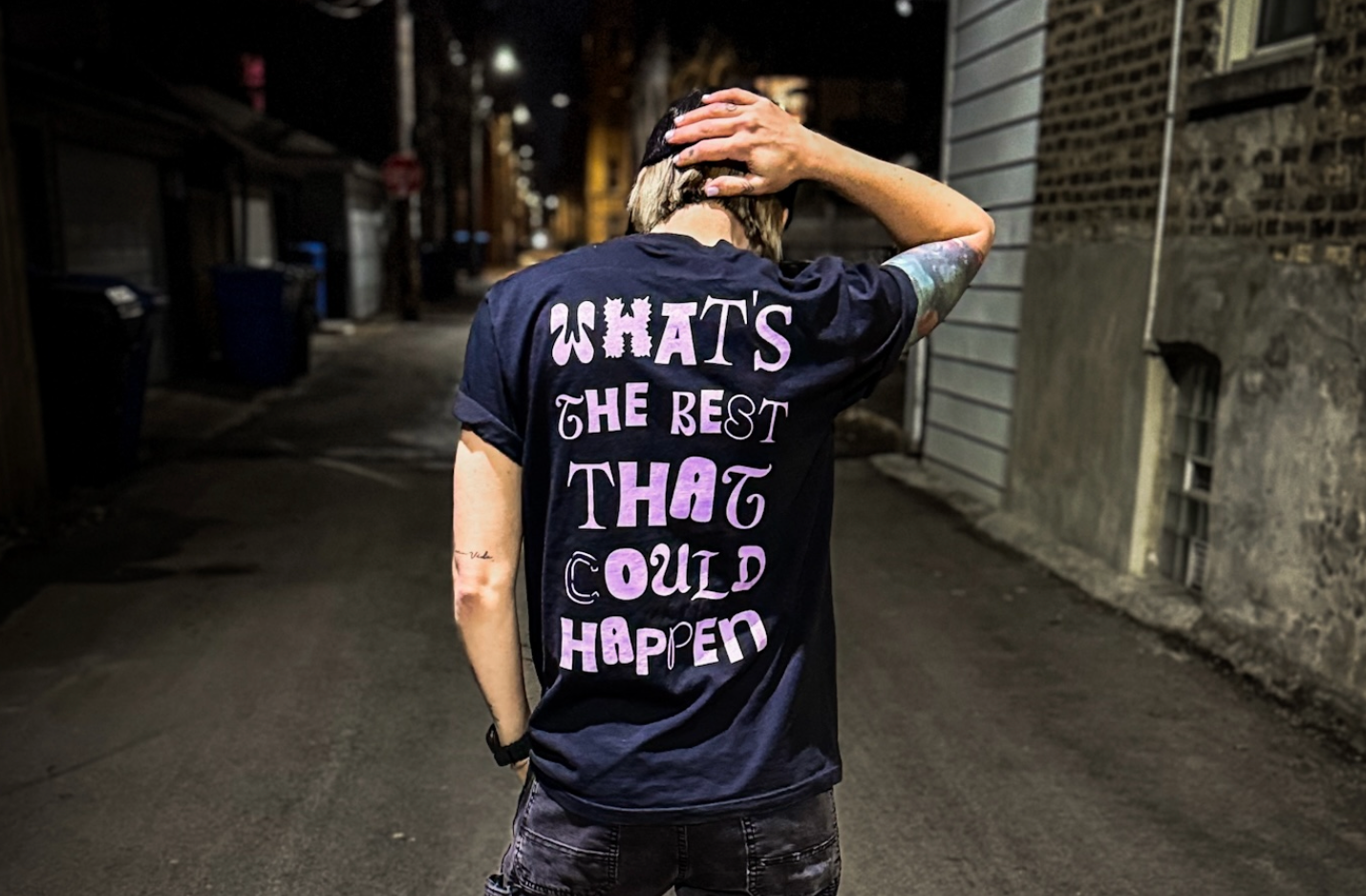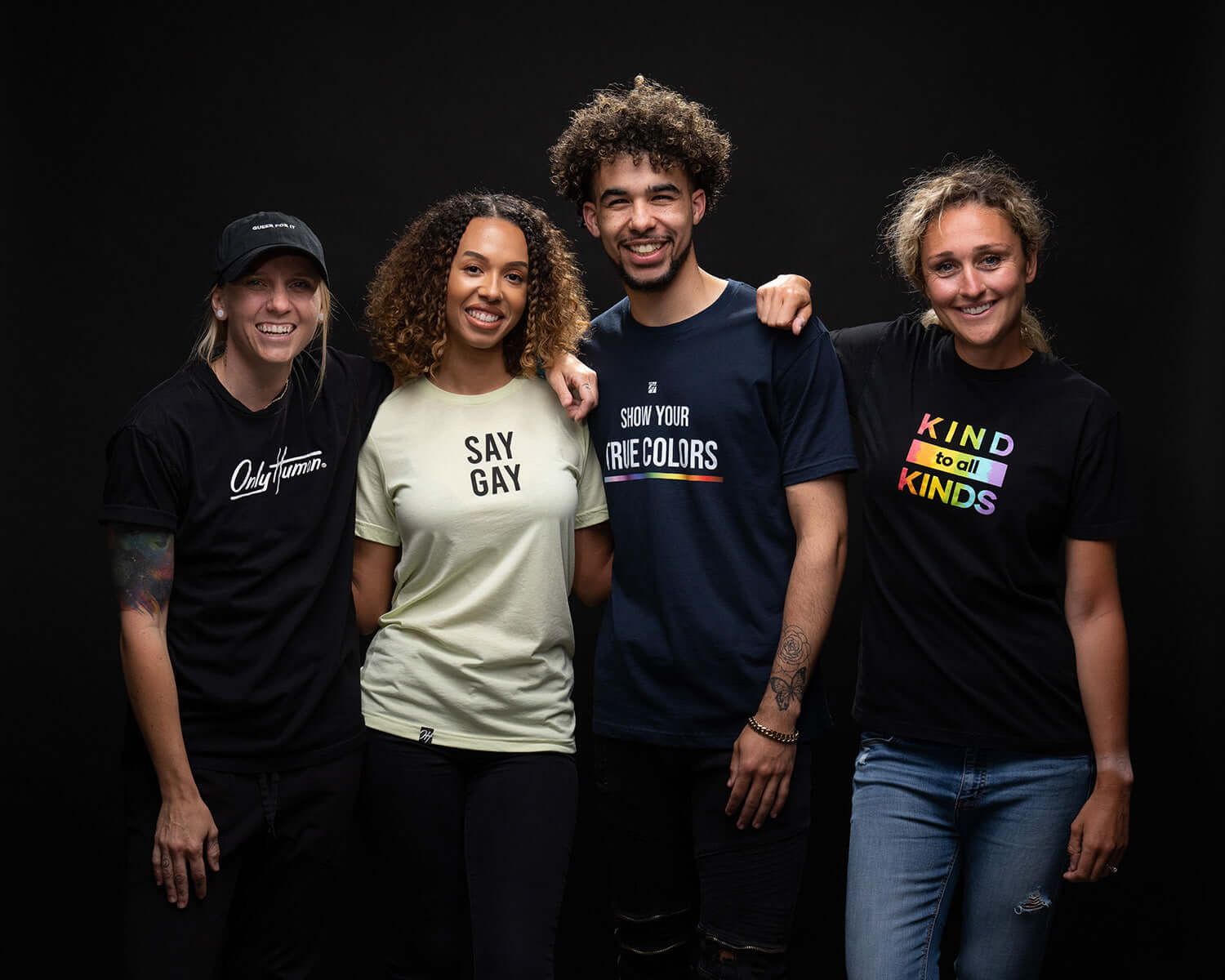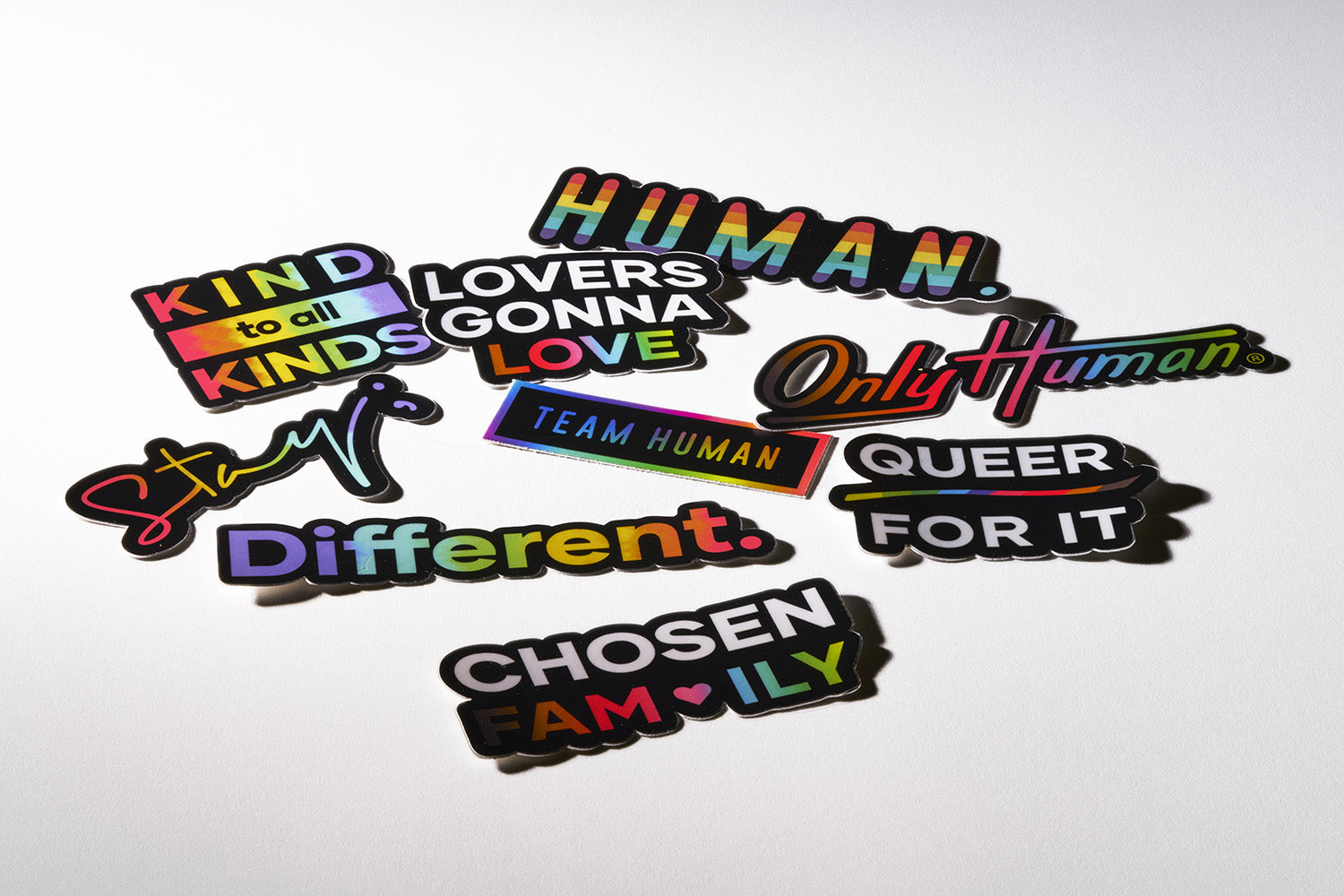Carlos The Dreamer: An amazing story of persistence and resilience of an undocumented human.
1. Where are you and your family from and what is your story of immigration?
My family and I are originally from Chihuahua, Mexico and we came to the U.S in the early 2000’s. My dad came first to work and would send money back while we stayed in Mexico, after a couple years we came to visit and decided to stay with him so that we could all be together.
2. What was it like to feel like you couldn’t do certain things solely because of your citizen status?
I think it was really unfair, I was treated as a second class citizen because of my legal status. K-12 education is guaranteed under the SCOTUS Plyler V Doe, but I knew that after grade 12 would never be guaranteed. That's only one example, in terms of leaving the physical boundaries of the U.S I am also limited. For the longest time I couldn't go visit where I was born, or the family I have there. I've missed funerals, birthdays and time I will never get back with the people I loved. I describe it as being trapped in a golden cage, unable to leave but privileged to be here where opportunities are abundant. While that is true it does not make it any less hurtful to say that i've always felt trapped, unable to leave.
3. Would you please share some experiences you have encountered being an undocumented person?
It has always been a lot of fear, people are afraid of migrants and it has always been tangible. I remember SB1070 and people being deported every day, their families being left alone. That's what I was always afraid of, one day coming home from school and my family not being here when I get back. While it has been painful and I have grieved over it, its also true that I've met amazing undocumented individuals across the country who are in the fight with me. My status has been my biggest obstacle but has also brought me into a human rights struggle with people who I know would do anything for me and my family; and I would gladly return the favor. People in the movement understand you deeper than your friends because they have the same dreams as you, the same fears and the same experiences.
4. You are an incredible human. What work are you currently doing in the community to help those that have backgrounds similar to yours?
I am currently working at the Florence Project as a legal assistant on the direct representation team, working with a mixed case load of people in immigration detention trying to get them out of detention because I believe that no migrant deserves to be jailed for seeking asylum. I am also volunteering with a couple organizations filing out people’s citizenship paperwork, especially for those in our community who can't afford it.
5. What do you hope to do in the future?
I hope to go to law school in the future! I want to study migration/asylum law and help detained individuals get the freedom they deserve while working to abolish the institutions that have perpetrated numerous human rights abuses. There are reports of sexual assault, lack of medical care and many other abuses that have come out of detention centers without any accountability. We have to imagine something better, for the people who are like us, for the people who are here with us and for the people who will come after us. It is incredibly idiotic to say that we cant envision a world without institutions like ICE, or like CBP who have shot numerous migrnts dead across the border for attempting to cross. No one has the right to determine the end of another person’s life, and to say that a country cant function without these departments is idiotic. I hope to in the future be able to help imagine and to help dream of something better, because what we have now is absolutely violent and a representation of state violence on a vulnerable population.
6. In what areas do migrants experience inequity and how can we all fight for equity for those that are undocumented?
Migrants experience inequity in multiple areas of life, legal scholars have coined the experience as legal violence. This inequity and the term comes from the fact that in the early 2000’s, the government moved from complete hard enforcement such as border and technological enforcement to removal based on attrition. This means the government changed tactics, instead of deterring people from migrating through barriers they would make life so hard that people would just deport themselves. This is seen through policies such as E-Verify which made it impossible for undocumented people to work which opened up extreme avenues to labor exploitation, laws preventing people from accessing medical care and emergency responders which has exasperated medical inequalities and that is not even counting the fear produced through enforcement operations created by ICE. This is all embedded into policy, and a large portion of immigration law is embedded with criminal law which makes it hard for people to not only adjust their status but also contributes to family separation. People have to be informed, and realize that policy decisions negatively affect people. I would say people have to be involved, contribute and uplift undocumented voices. It takes more than voting to fight for equity, it has to be a conscious contribution that moves beyond the electoral system such as joining local organizations and advocating for policy change.






















